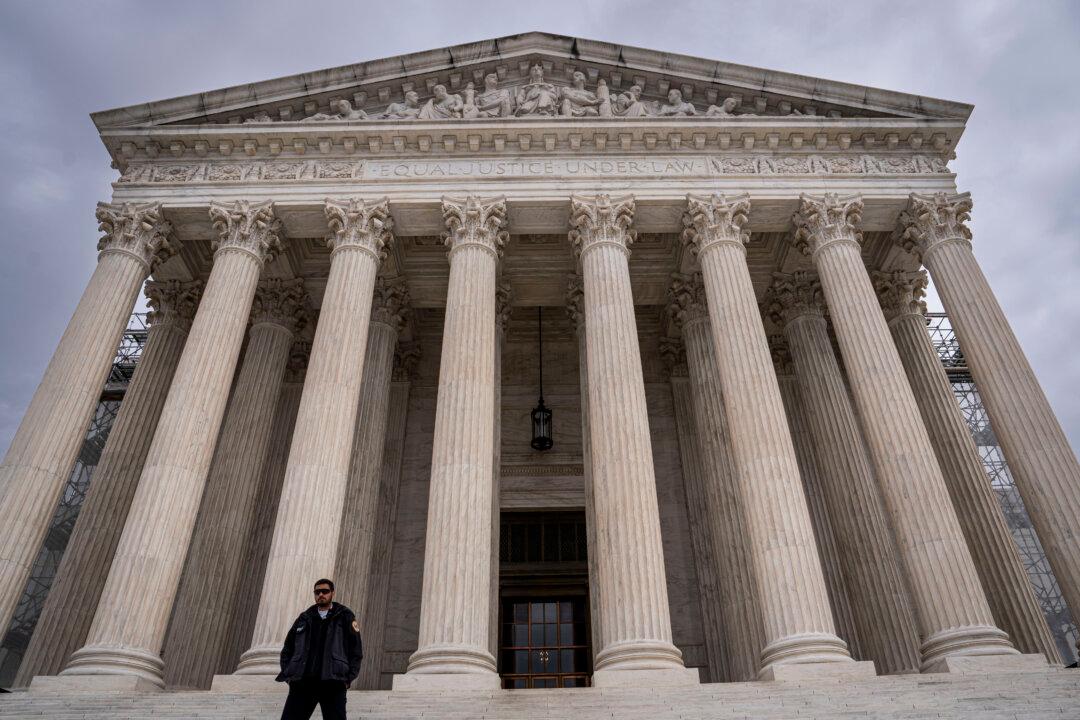The Supreme Court pressed attorneys on March 19 to specify how much expert witnesses can comment on the knowledge of particular groups of people in criminal wrongdoing.
Oral argument in Diaz v. United States focused on the legal principle of mens rea, or the idea that a criminal defendant understood they were breaking the law or engaging in wrongdoing while committing a crime.





